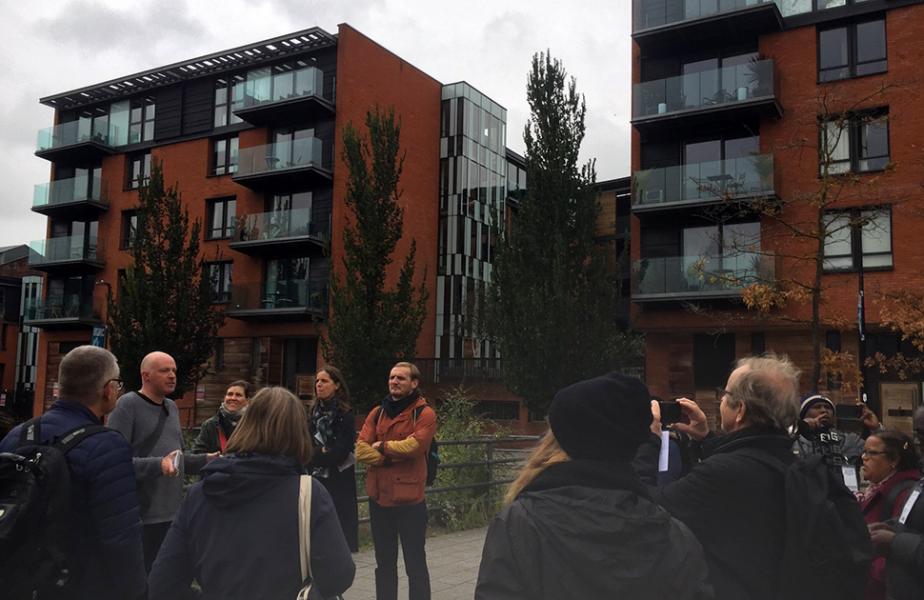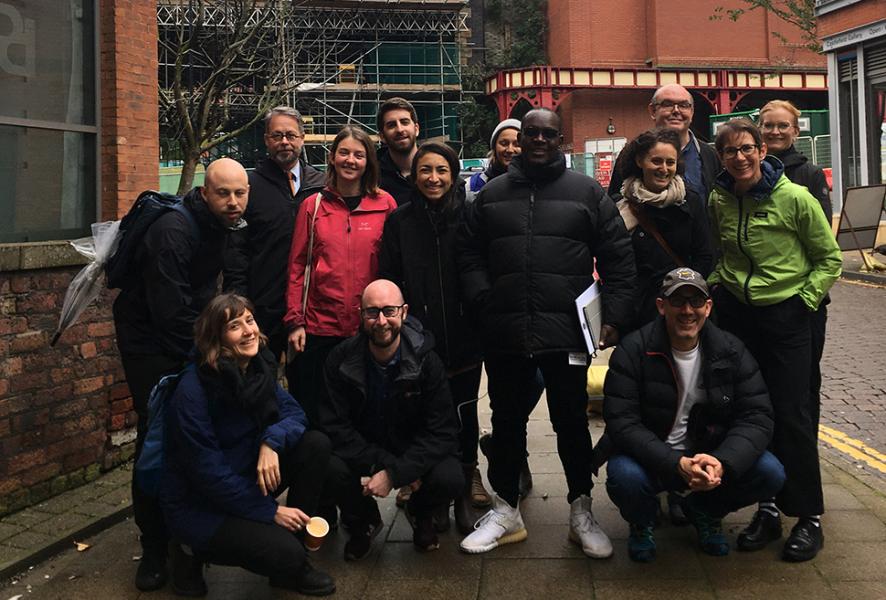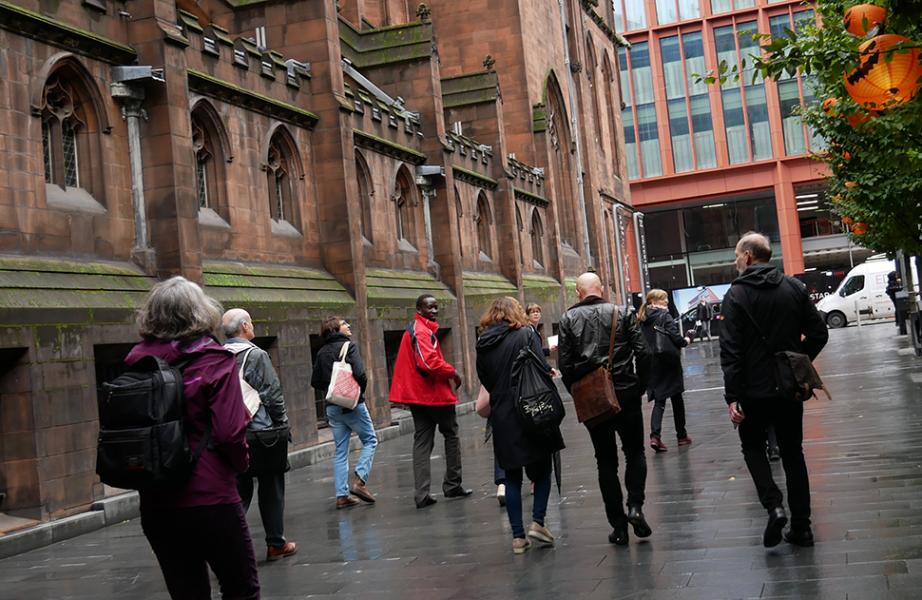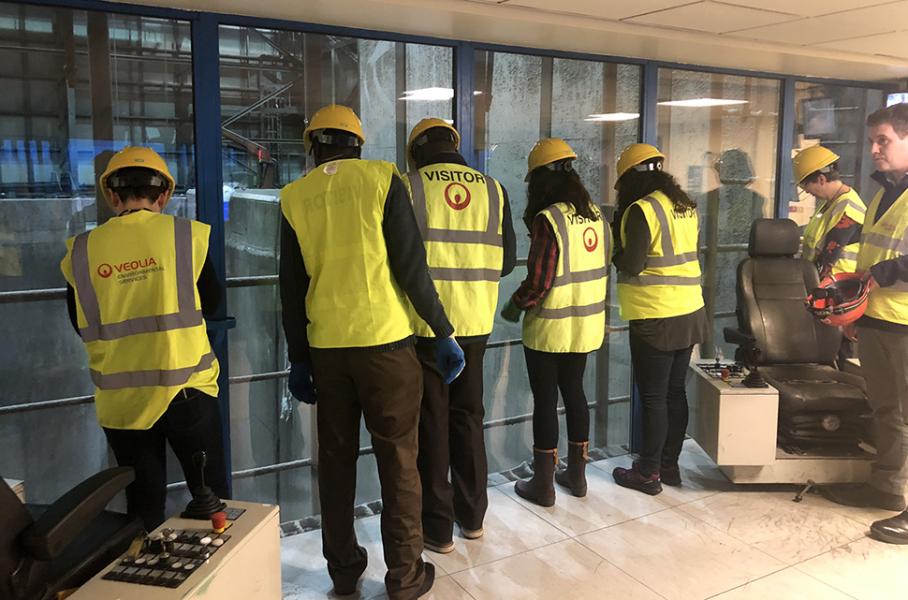
By Helena Kraff on 04 Dec, 2019
The Formas funded research project The role of tourism in multicultural societies (TiMS) was initiated in collaboration between the Gothenburg, Skane and Kisumu local interaction platforms. Its central objective is to explore the role of tourism in multicultural societies, in Sweden and beyond, and to act towards the embracement and representation of diversity in tourism development and place branding. One of the cases in the project explores the process behind the creation of events that aims to be transformative, inclusive and express cultural diversity. For example, how can such events...

By andershanson on 05 Nov, 2019
Kelham Island, and its adjoining area of Neepsend, is probably best known to Sheffielders for two things - its museum and its beer. Kelham Island Museum was opened by Sheffield City Council in 1982 at a time when the city's traditional steel industry was in sharp decline and now plays a key role in Sheffield’s heritage and culture scene. The Kelham Island Brewery, formed in the backyard of the Fat Cat pub in 1990, kickstarted Kelham Island’s position at the heart of the city's - and Britain's - real ale revival. The brewery still exists and has now been joined by numerous other breweries and...

By richardgoulding on 30 Oct, 2019
Central Manchester’s apartment boom has become a matter of running controversy in recent years. The city’s political leaders and development industry argue this has brought renewed growth after 20th Century decline brought on by deindustrialisation. Critics point to disconnect between cranes on the skyline and a crisis of street and ‘hidden’ homelessness, asking who benefits from the city’s regeneration. As part of the 4th Realising Just Cities Conference funded by Mistra Urban Futures, Dr Jon Silver of the University of Sheffield’s Urban Institute and myself hosted delegates from Sheffield,...

By hannahknox on 30 Oct, 2019
It is a commonly noted feature of infrastructures that they exist out of sight, invisible to their users, at least until they break down. This is certainly the case for the electrical networks that support urban life in cities like Manchester where we have been involved in a project to try to rethink energetic power as a key part of the city. Manchester is a place where the sources of the power that energise the city lie far from the places where its residents live. The wires that transport the power to people’s homes are hidden under pavements and roads, revealed only by cryptic acronyms on...

By aimeeambrose on 28 Oct, 2019
Feeling the heat: tracing Sheffield's district energy network to its source Dr Aimee Ambrose, Reader in Energy Policy, The Centre for Regional Economic and Social Research, Sheffield Hallam University On 14th October I led a walking tour of Sheffield's district energy network (DEN) as part of the Just Cites conference. Sheffield's DEN is one of the largest in the UK, generating and distributing heating and hot water to hundreds of buildings around the city centre and inner city as well as generating electricity for export to the national grid. The DEN is powered by burning domestic and non...